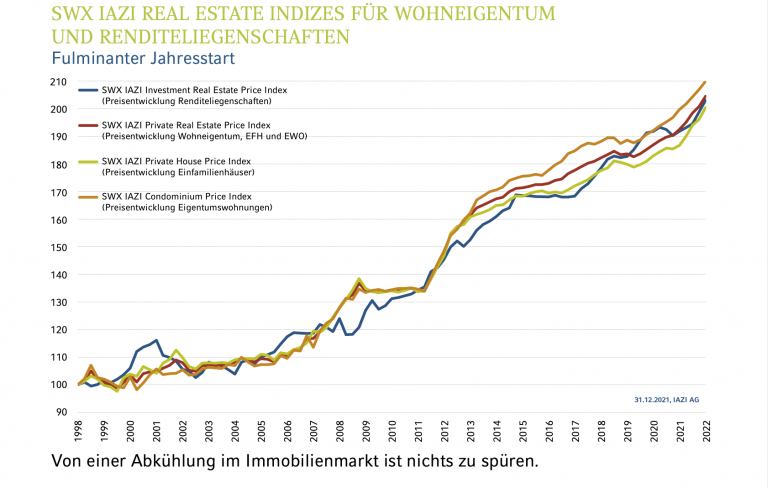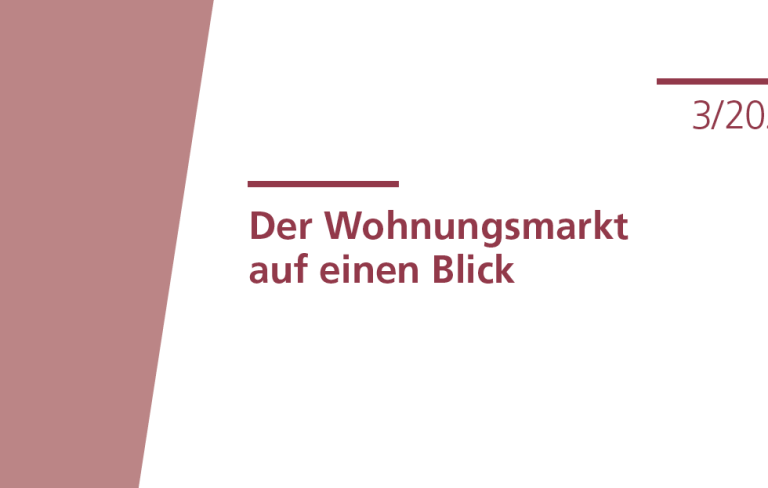In the fight against inflation, the leading central banks have recently raised interest rates once again. As a result, mortgage interest rates are also continuing to rise. Many property owners are now asking themselves whether, against this background, they should reduce the debt and interest burden by amortising the mortgage. However, UBS advises against this in its recently published article on the subject. Their advice: “In times of inflation, surplus funds should not be hastily used for amortisation. A mortgage can contribute to wealth creation.”
Although a property is not a savings book, UBS writes, it is a good way to build up wealth in combination with a mortgage. It shows with the example of a family-owned property worth 1 million Swiss francs, whose value has increased significantly in the past and whose mortgage has been partially amortised at the same time, so that the real estate debt currently still amounts to 60 percent of the property value. The family also had 600,000 francs in liquid assets in a virtually interest-free account. Because inflation is now eating away part of their cash assets, the family is rethinking their financial situation and has three options:
- Amortise the mortgage: The money is now tied to the property and the return depends on the property’s performance.
- Maintain liquidity: Inflation and mortgage rates rise; the liquid assets remain without return. Adjusted for inflation, there is a loss of assets.
- Invest liquid assets: By investing part of the liquid assets in the long term in capital investments, e.g. in shares with high dividends, there is the prospect of investing the funds in an inflation-proof and profitable way.
The economists of the CIO team of UBS (Chief Investment Office) have calculated the different variants and come to a clear conclusion: “Keeping hold of a mortgage, especially in periods of inflation, can help build up wealth much faster than with a perceived safe repayment strategy.”

Anyone who keeps hold of their mortgage and invests in a global equity portfolio will fare much better. The household’s total assets – after deducting mortgage costs, of course – will be more than a third higher than without investment.
Die Ökonominnen und Ökonomen empfehlen, die Immobilie weiterhin moderat zu belehnen und die Hypothek nicht weiter als nötig zu amortisieren. Teuerungsbedingt verlieren Schulden, das heisst die Hypothek, an Wert, während der Wert der Immobilie nominell steigt.
The UBS study concludes: “The figures from the CIO study for the next ten years speak for themselves (see graphic): Anyone who keeps hold of their mortgage and invests in a global equity portfolio will fare much better. The household’s total assets – after deducting mortgage costs, of course – will be more than a third higher than without investment.”


